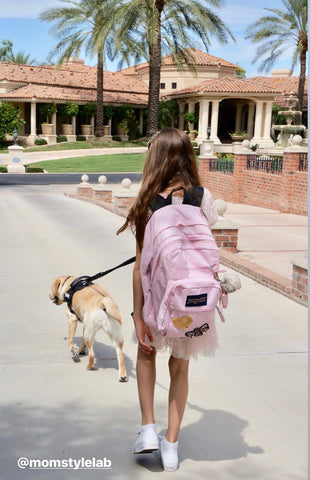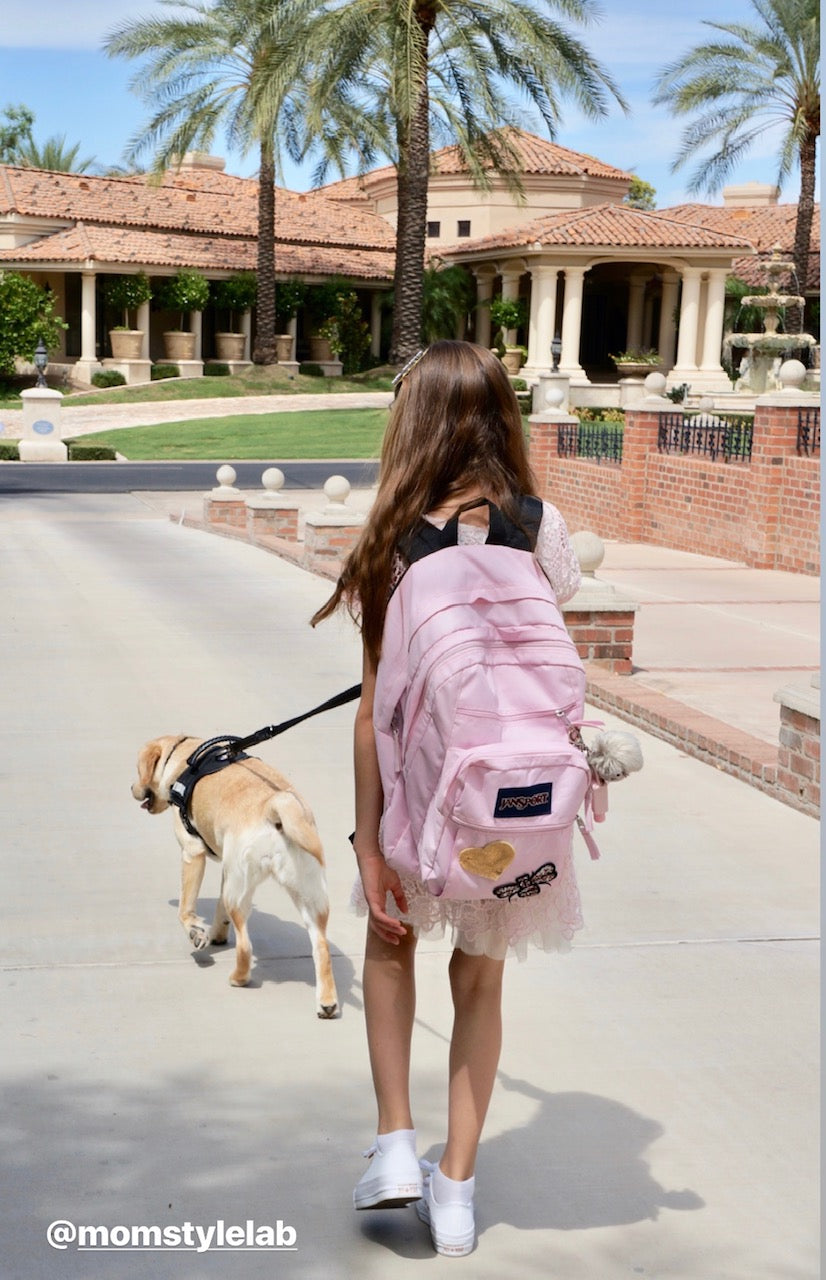
Back to School Anxiety for Dogs
Share
Dogs don’t go to school but as kids go back to school or head off to college, bringing to an end weeks of summer fun and increased activity in the home. Suddenly the changes in your schedule will affect their mood. They feel lonely and anxious and can develop separation anxiety.
At least one in 6 dogs, along with a countless number of cats, will exhibit symptoms of separation anxiety or display increased levels if they are already prone to the condition, said Professor Nicholas Dodman, director of the small animal behavior clinic at Tufts Cummings School of Veterinary Medicine in Grafton, MA.
“Dogs and cats that enjoy human interaction and affection can become psychologically unglued — especially if their best human friend in the household happens to be one of the kids and suddenly that person heads back to school or goes off to college. The house is suddenly quiet and lonely and definitely leaves a void in the pet’s lifestyle,” explained Dodman. “The same applies when kids go back to school and suddenly their lives are so filled with activities that they no longer have the same amount of time for fun that includes the family pet.”
This change in daily routine may cause depression or separation anxiety.
Easing the Transition
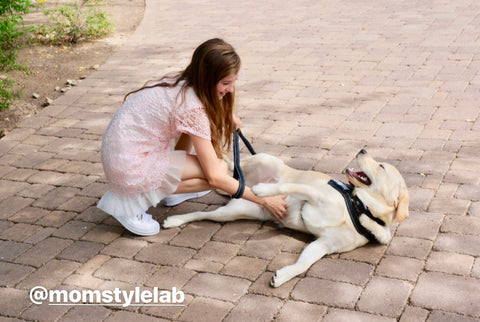
The good news is there are things you can do to help relieve your pup’s distress and overcome the “back-to-school blues.”
- Start leaving your dog home alone in their safe spot for brief periods of time instead of taking Fido with you on errands and to the beach before school starts so he or she is more comfortable with being alone
- Teach your kids to avoid getting the dog overexcited before they leave and return home
- Have your belongings prepared so that your departure from home is calm
Helping Pets Cope
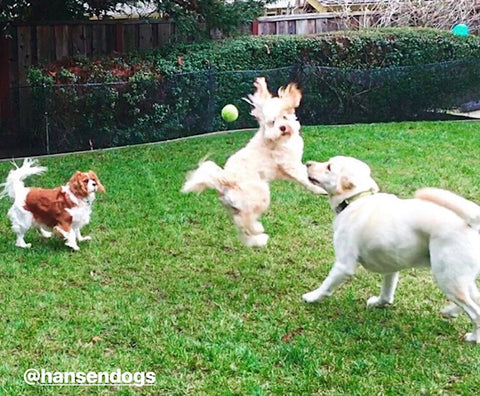
Here are few suggestions to deal with their anxiety positively without the use of drugs:
- Doggy daycare could be a good option! The kids are going back to school, why not send Rover to “school” too? He won’t have to be alone during the day, he can play with his friends and come home tired. Just be sure to do your research on doggy daycare locations near you and make sure you feel comfortable with their policies.
- Take an early walk or jog with your dog, this ensures your pup is well exercised and tired before you leave.
- If you work in dog friendly office, consider bringing your pup to work to get him or her gradually used to living home alone.
- Supervised play dates may be beneficial to your lonely dog.
- Get a dog walker! It is best if your dog is comfortable with that person and can enjoy some adventure depending on the interest of your dog. For example, if you have a neighbor that is into hiking maybe you can trade services, or a retired neighbor might love to spend time with your Fido.
- Try to bring your dog to soccer games and other kids’ activities if dogs are allowed. So, they are included in the family events instead of leaving them home alone.
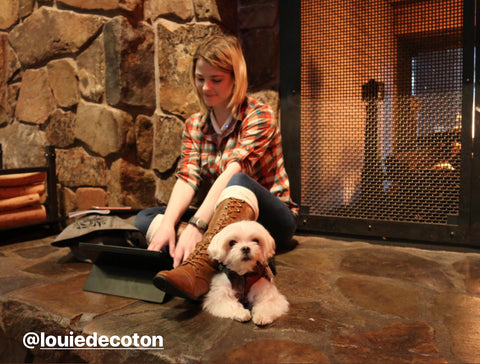
- Spend quality time with your dog when you are at home; include him or her in family activities to assure they are still an important part of the family.Z
- If your pup is an active dog, training your pup in an agility course after school may not be a bad idea and getting the whole family involved with the trainings. The fido stays active while being part of the family.
- If you have a small dog, consider using Louie de Coton calming pouch bag to transport your pup. The bag is padded with special made in USA calming soy-based foam to keep them calm and can be used as a calming bed while you’re away. The Louie de Coton pooch bag liners can also be used in their happy space at home.
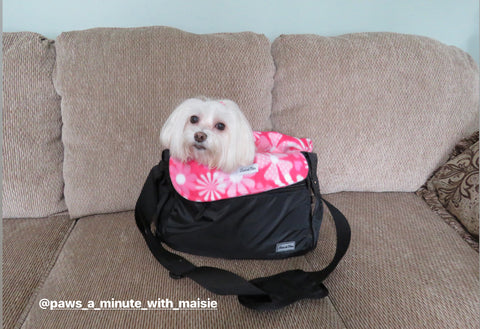
Be mindful of your pet's emotional state while preparing for the school year. Making it a smooth transition for the whole family is the key. If you try these tips and your pet still shows signs of anxiety or depression, consult with your vet for underlying issues and consider other alternatives.

